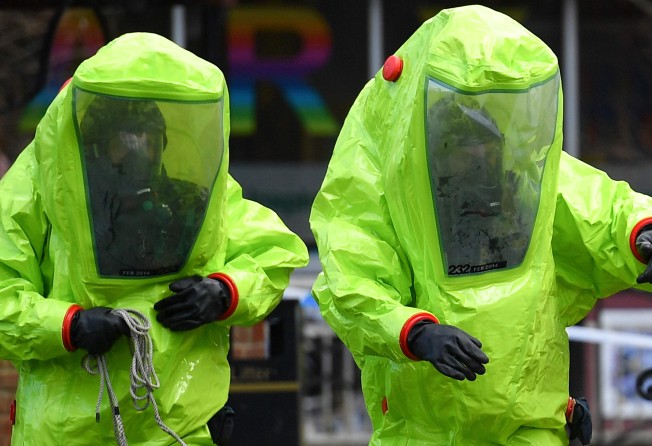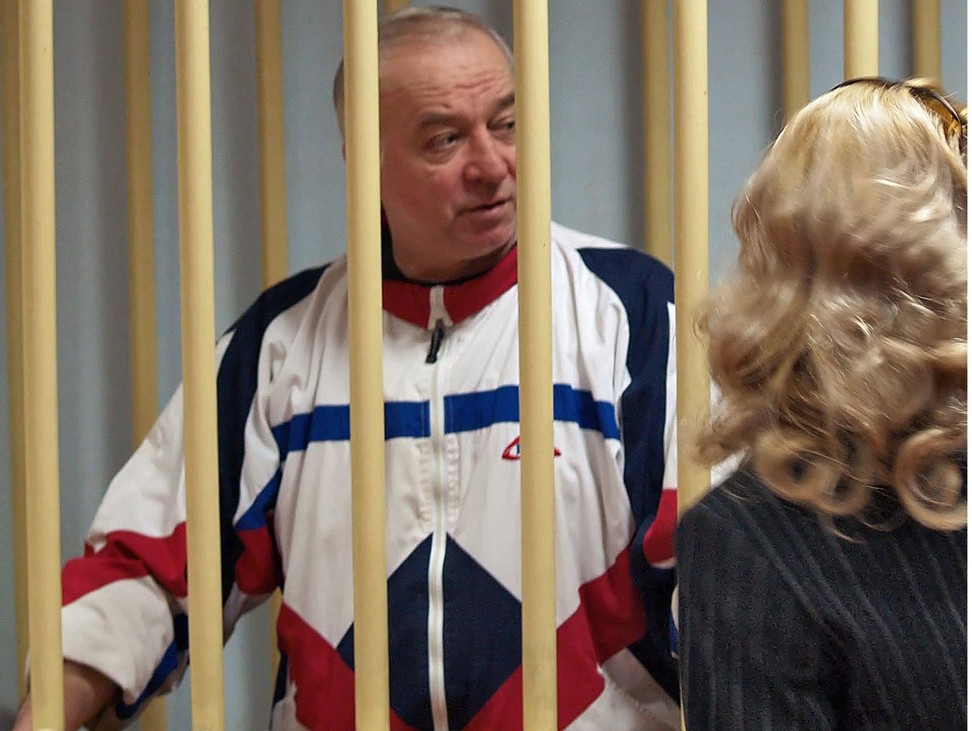Does Britain’s outrage over poisoning of Russian spy have a Brexit connection?

If American president John F. Kennedy’s 1963 assassination had been handled as the current British government has done with the Skripals’ poisoning, dozens of Soviet diplomats would have been expelled, trade arrangements and contacts with the Soviet Union would have been cancelled, and Soviet ships docking at US ports would have probably been seized.
After all, president Kennedy’s alleged assassin had resided in the Soviet Union and had long been married to a Soviet citizen. And, since, months earlier, the alleged assassin happened to have visited a Cuban consulate in Mexico to apply for a visa – which he was denied – the US embargo on Cuba would have probably been tightened.
To his credit, president Lyndon Johnson – unlike British Foreign Secretary Boris Johnson – called for an investigation and avoided voicing any conclusions beforehand, while refraining from pressuring allies to blame the Soviet government.
There are many questions on the Skripal case that deserve answers, that only a thorough investigation can provide.
Why was Mr Sergei Skripal living in Salisbury, and did he have any recent dealings with MI6, the British repository of chemical or nerve agents said to be located nearby, or Russian mobsters? Did Britain not long ago stock the nerve agent Novichok and, if so, what controls were in place at the time of the incident?

Was Mr Skripal re-enlisted by British intelligence to assist or spy against diplomats or the Russian government? What motive would the Russian government have for eliminating a former intelligence officer who was supposedly inactive, living a life of quiet retirement? And – regarding sovereign rights – did MI6 not violate Russian sovereignty when it recruited Mr Skripal as a spy – in Russian territory?
Why would the poisoning be carried out barely a week before Russian presidential elections, and would it not reflect negatively on Mr Vladimir Putin’s candidacy?
Could it be more than mere coincidence that the British government’s failure to advance the Brexit negotiations affected its handling of the Skripal case?
Luis Suarez-Villa, professor emeritus, University of California, Irvine